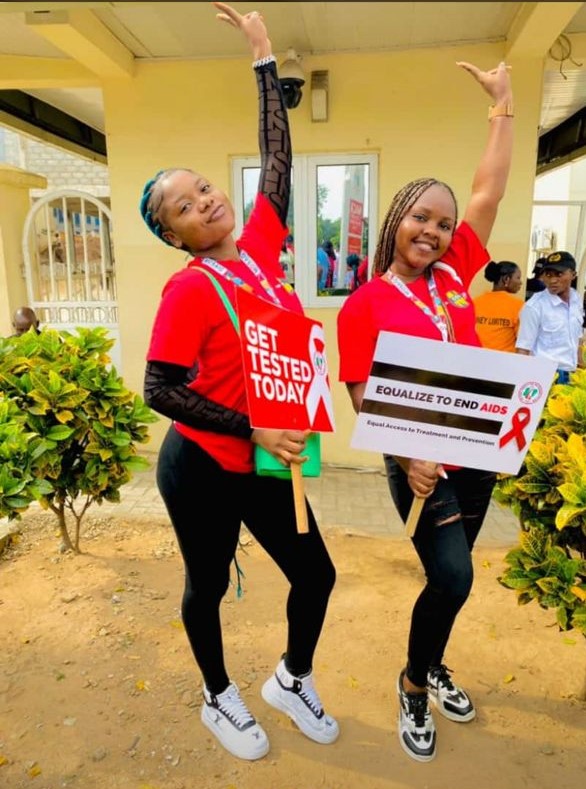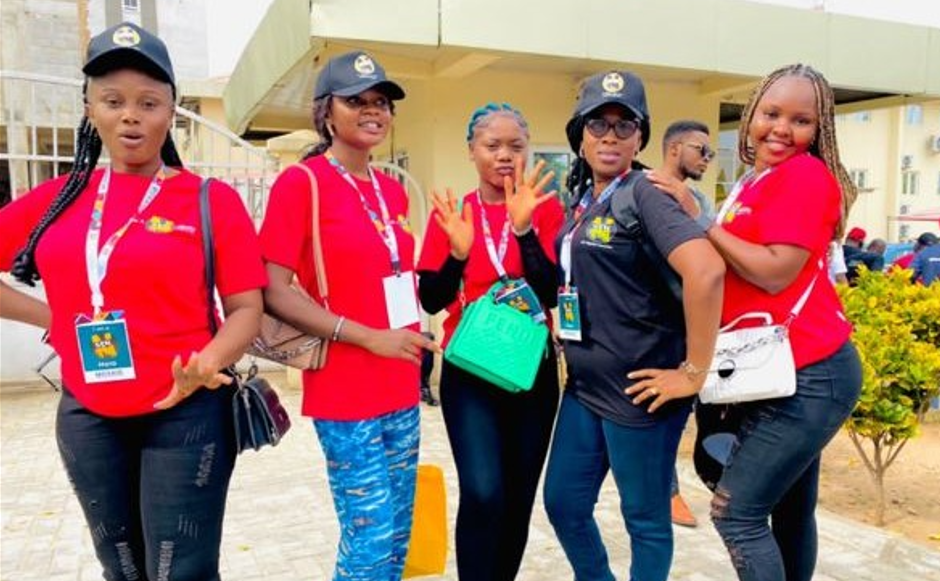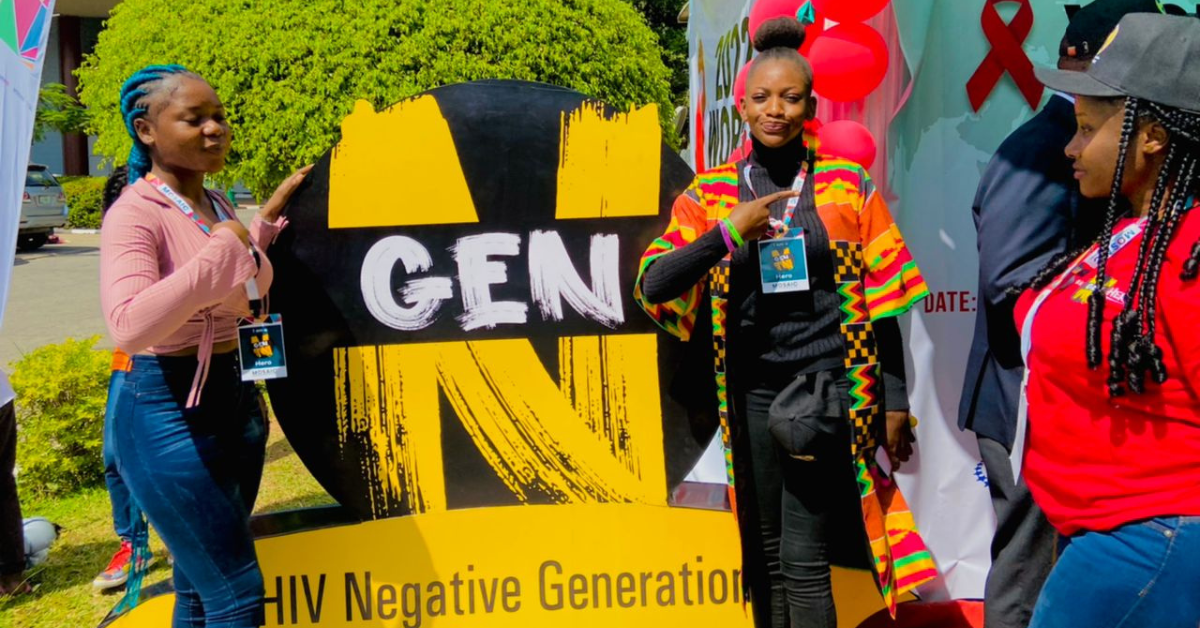Adaobi Olisa, FHI 360
Larissa Popp, FHI 360
In December 2022, the Nigerian National Agency for the Control of AIDS (NACA), in partnership with MOSAIC, launched the country’s first-ever national youth-focused HIV prevention campaign: Generation-Negative, or “Gen-N.”
What is Gen-N?
Gen-N is a movement fueled by Nigeria’s 43.2 million young people that promotes uptake and effective use of HIV prevention, care, and treatment services by adolescents and young people. Gen-N builds on vast evidence about what works to motivate young people to access health services and aims to foster a social environment that supports young people’s use of these services.
Gen-N celebrates the brave choice to take action toward an HIV-negative generation. Everyone can be a Gen-N hero by supporting young people to access health services such as HIV testing and pre-exposure prophylaxis (PrEP), celebrating youth-friendly health care workers, and listening to young people’s concerns without judgment.

Why Gen-N?
A 2018 report from Frontline AIDS revealed that young people ages 15–24 accounted for 41 percent of the 100,000 new HIV infections in Nigeria, making them a priority population for achieving HIV epidemic control. Low levels of comprehensive knowledge of HIV, lack of support from parents and guardians, negative attitudes of health care workers, poor access to youth-friendly services, and stigma and discrimination are some challenges that impede young people’s access to and uptake of HIV services in Nigeria.
How does the Gen-N campaign work?
Gen-N brings all youth-focused HIV communication under one umbrella and reenergizes young people to strive for an HIV-free generation. The campaign provides branding and key messages that local and international organizations involved in HIV services in Nigeria have agreed to use for all youth-focused HIV communication in Nigeria. These implementing partners will receive Gen-N communication materials, and NACA will coordinate the use of the materials.
What role did young people play in the development of the campaign?
Throughout the campaign design process, adolescent girls and young women served as facilitators, meaning-makers, and idea generators. They came up with the name of the campaign and were allowed to decide what would work for them. Following an initial consultative design workshop co-facilitated by adolescent girls and young women, a team of young people, implementing partners, staff from the Ministry of Health and NACA, and representatives of a creative agency engaged 130 young people and 32 health care providers from across Nigeria in iterative design, refinement, and testing of messages and materials. After that, a core team of adolescent girls and young women provided rolling, rapid-response feedback. This sustained engagement at each step of the development process was designed to help ensure that the Gen-N campaign responds to the preferences, desires, and support needs of young people in Nigeria.
How was the campaign launched?
The Gen-N campaign was launched during Nigeria’s World AIDS Day commemoration with several key events featuring young people, implementing partners, other stakeholders, and dignitaries from NACA, the National AIDS and STDs Control Programme, UNAIDS, the U.S. embassy, and USAID. The first event, a technical session to introduce Gen-N, included an introduction to the campaign by Dr. Daniel Ndukwe, NACA’s deputy director and head of prevention, a youth dialogue led by Adaobi Olisa of FHI 360 Nigeria and MOSAIC’s NextGen Squad, and remarks by UNAIDS Country Director, Dr. Leo Zekeng.
During the dialogue, young people discussed perceptions of HIV among their peers and how Gen-N can address gaps and correct misconceptions.
“Many young people are scared of HIV because they don’t have the correct information, and this fear feeds stigma and discrimination… Gen-N will help enlighten young people and promote a HIV-negative generation.”
youth dialogue participant
Young people also participated in a campaign roadshow, where they engaged with community members and gave them information on HIV prevention. After the roadshow, members of the HIV Media Advocacy Platform interviewed young people and representatives of NACA and MOSAIC about the campaign’s goals, generating high-level media coverage, including newspaper and TV reports. Finally, the Gen-N campaign was unveiled nationally during the annual World AIDS Day commemoration event hosted by NACA on December 1, 2022.

What’s next for Gen-N?
Under NACA’s coordination, implementing partners will begin using the Gen-N branding and messaging. The Gen-N brand will also provide a set of principles within which implementing partners will be free to be creative to ensure the sustainability and relevance of their HIV communication and prevention investments.
NACA plans to set up a Gen-N dashboard to monitor the national HIV response for adolescents and young people based on data from all implementing partners and programs in the country. This dashboard will help NACA assess progress, identify gaps, and strengthen interventions and resource mobilization to achieve the goal of an HIV-free generation.
Featured Image: Youth representatives celebrate the Gen-N Campaign launch in Abuja, Nigeria (Adaobi Olisa/MOSAIC).


